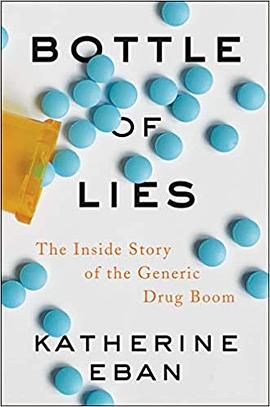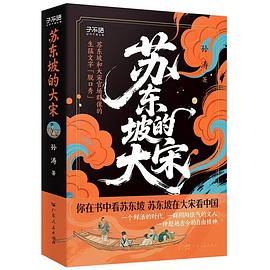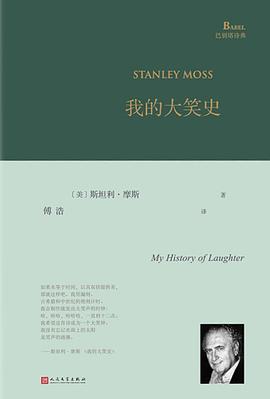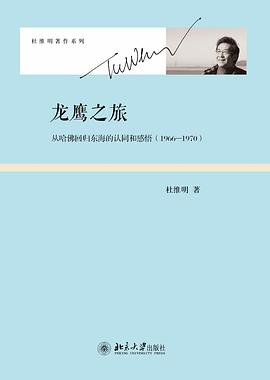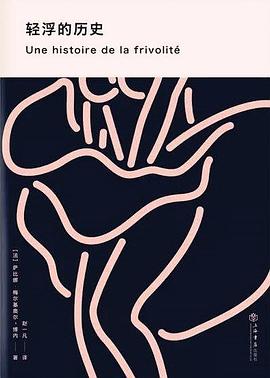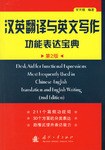Bottle of Lies: The Inside Story of the Generic Drug Boom
内容简介
Many have hailed the widespread use of generic drugs as one of the most important public-health developments of the twenty-first century. Today, almost 90 percent of our pharmaceutical market is comprised of generics, the majority of which are manufactured overseas. We have been reassured by our doctors, our pharmacists and our regulators that generic drugs are identical to their brand-name counterparts, just less expensive. But is this really true?
Katherine Eban’s Bottle of Lies exposes the deceit behind generic-drug manufacturing—and the attendant risks for global health. Drawing on exclusive accounts from whistleblowers and regulators, as well as thousands of pages of confidential FDA documents, Eban reveals an industry where fraud is rampant, companies routinely falsify data, and executives circumvent almost every principle of safe manufacturing to minimize cost and maximize profit, confident in their ability to fool inspectors. Meanwhile, patients unwittingly consume medicine with unpredictable and dangerous effects.
The story of generic drugs is truly global. It connects middle America to China, India, sub-Saharan Africa and Brazil, and represents the ultimate litmus test of globalization: what are the risks of moving drug manufacturing offshore, and are they worth the savings?
A decade-long investigation with international sweep, high-stakes brinkmanship and big money at its core, Bottle of Lies reveals how the world’s greatest public-health innovation has become one of its most astonishing swindles.
......(更多)
作者简介
Katherine Eban, an investigative journalist, is a Fortune magazine contributor and Andrew Carnegie fellow. Her narrative, deeply reported articles on pharmaceutical counterfeiting, gun trafficking, and coercive interrogations by the CIA, have won international attention and numerous awards. She lectures frequently on the topic of pharmaceutical integrity. Bottle of Lies: The Inside Story of the Generic Drug Boom, which she worked on for five years and reported on four continents, is her second book. Educated at Brown University and Oxford, where she was a Rhodes Scholar, she lives in Brooklyn with her husband, two daughters and Newfoundland dog Romeo.
......(更多)
目录
......(更多)
读书文摘
在世界各国中,日本是一个特别热爱品牌的社会,对仿制品极不信任。整个国家都很注重品质和卫生。日本的制药业曾因品质低劣遭人耻笑,但今天它已经成为品质管理的领先者,享誉全球。在日本,就连药片都得做成白色,不然患者就会觉得可疑。虽然采孟正是在这股严谨的社会氛围中成长起来的,但他注意到日本制药业的孤立本质,也明白对高成本研究的专注拖慢了企业的成长。
......(更多)
